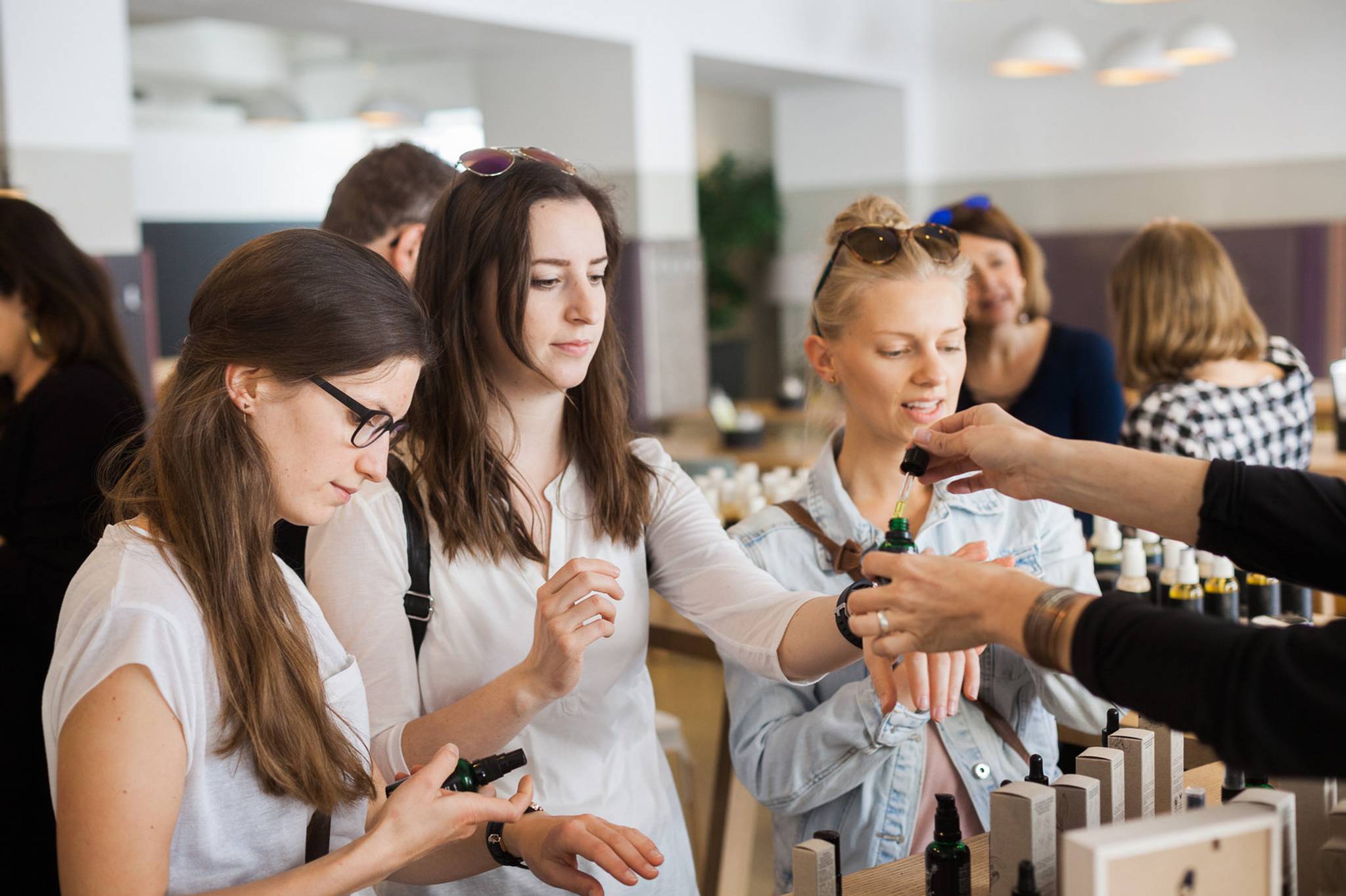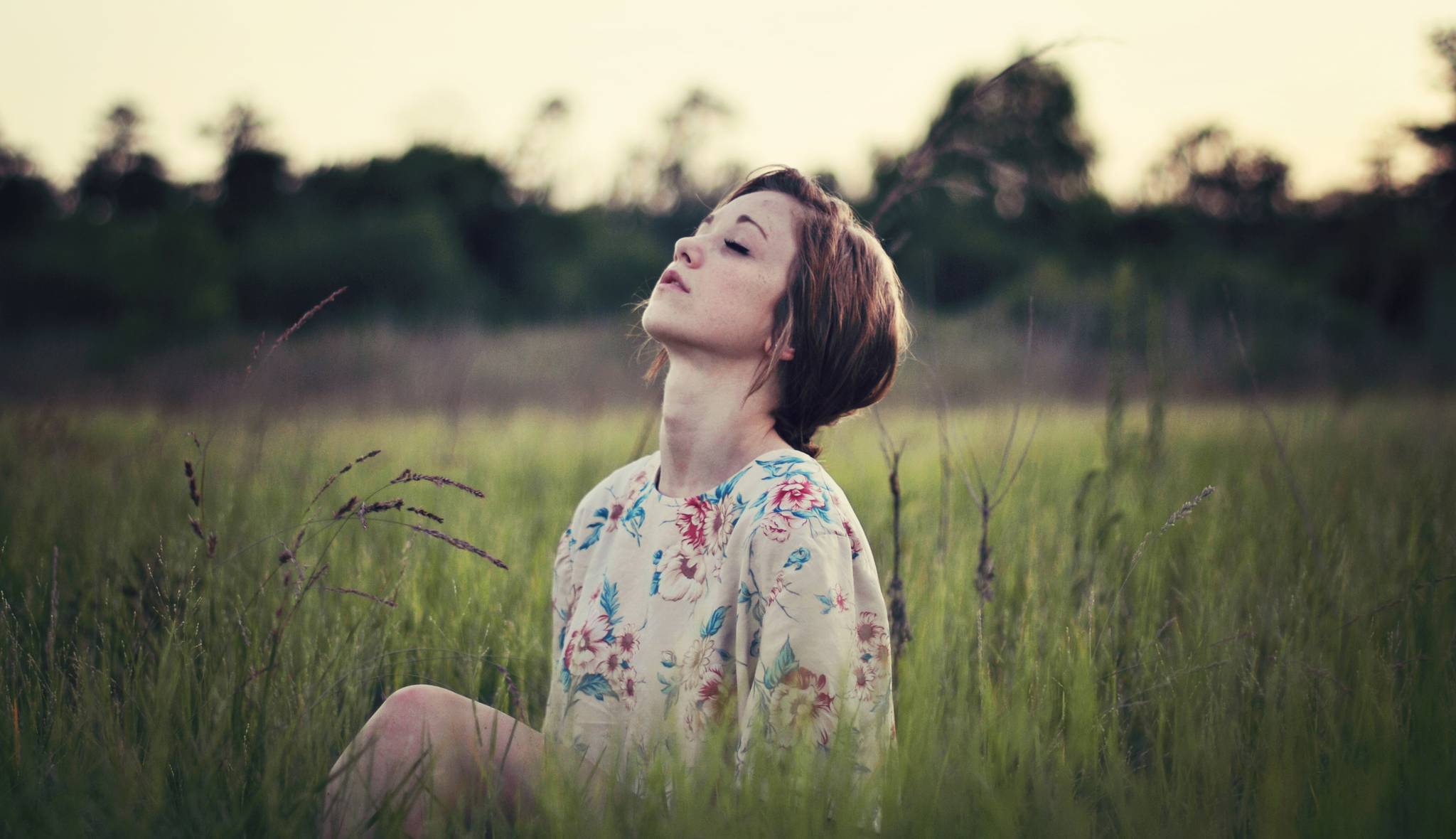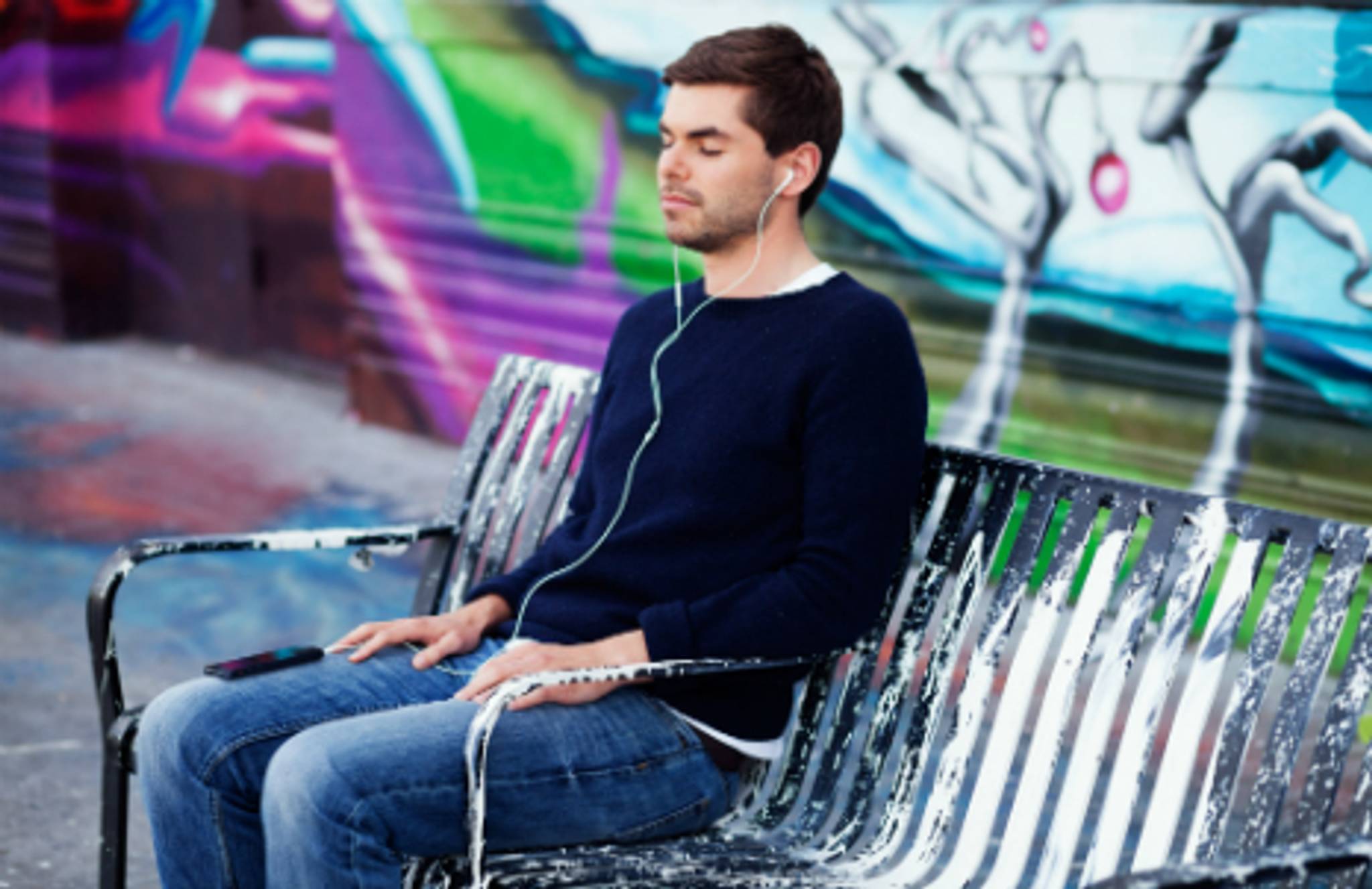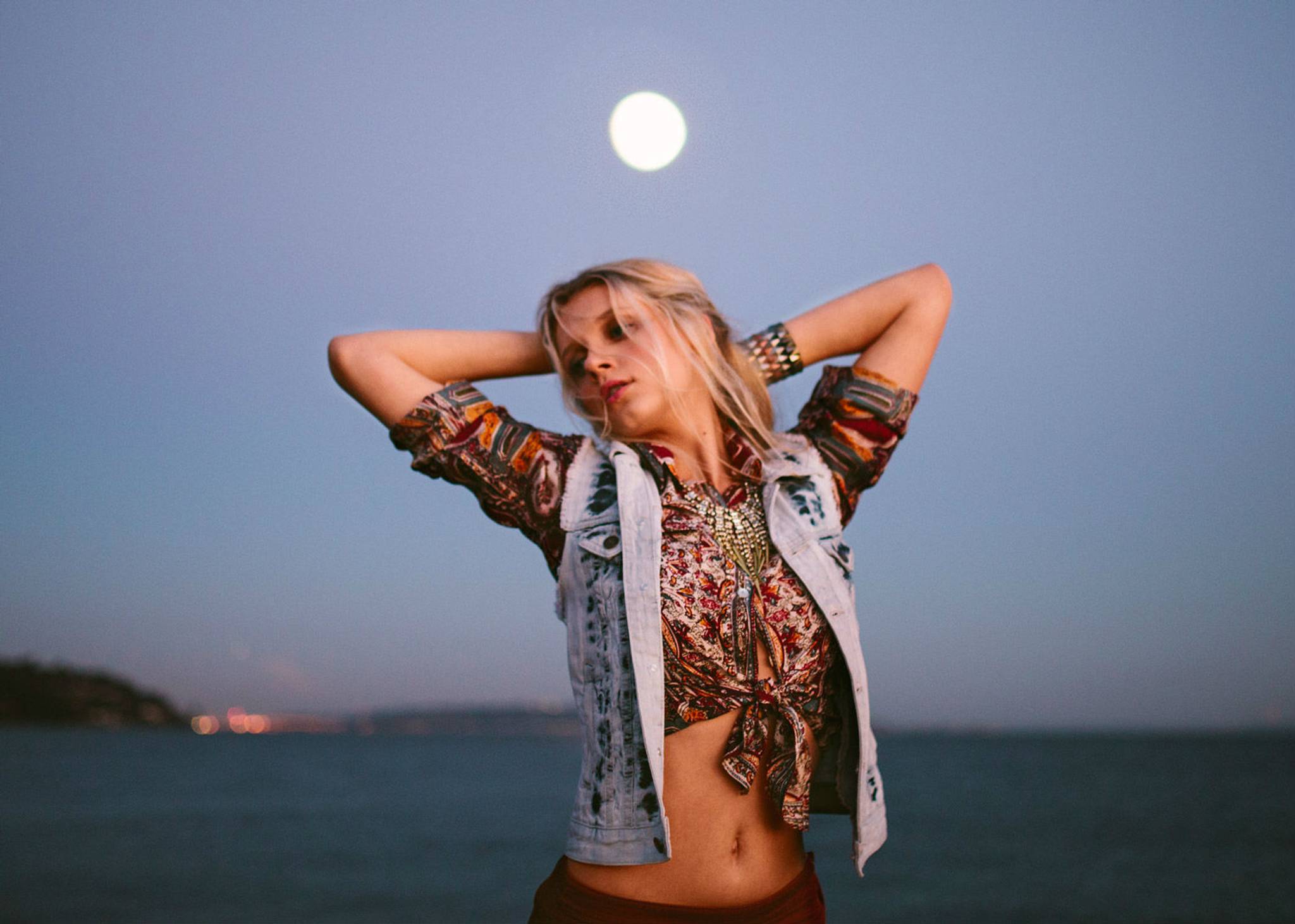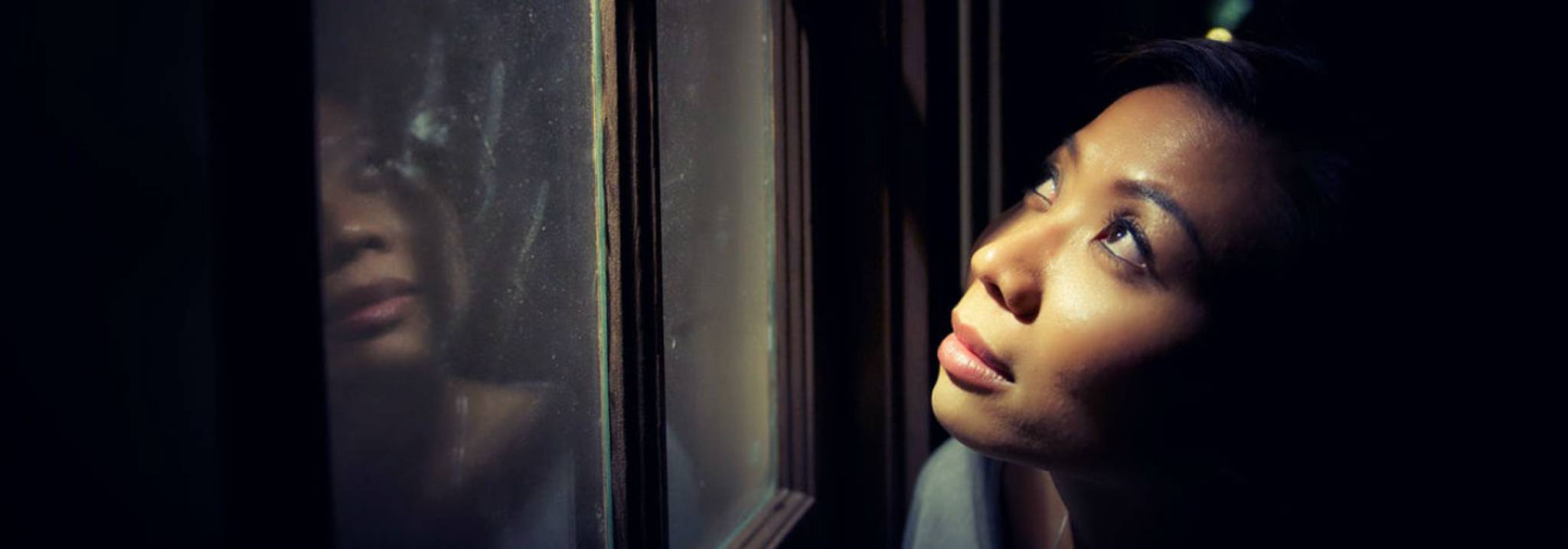
Checking inside a newspaper paper to read your horoscope may seem retro, but astrology is seeing a resurgence in popular culture. Today’s enthusiasts have found a new tool for celestial predictions in Co — Star, which uses NASA data to deliver insights to star-gazing users. We explore the insights behind the app and why people want tech that integrates spirituality.
Co — Star is an AI-powered astrology app that gives people a highly personalised astrology experience through a beautifully designed interface. Combining people's birth date, time, and location with NASA star positioning data, it maps out their natal chart to produce a personality analysis, which can then be cross-referenced for compatibility with friends’ and lovers’ readings. The AI also uses NASA’s data to provide a detailed daily forecast based on planetary movements. “[Astrology followers] get their natal charts from sites that haven’t been updated since the ’90s,” says app co-founder Banu Guler. “We thought there was a huge opportunity to create the first astrology experience that users actually love – one they actually want to use every day.”
More and more people are drawn to new-age mystical and spiritual culture, with astrology proving particularly popular. Famed American star-gazer Susan Miller sees 6.5 million unique visitors to her site each month, while a horoscope-themed bar has Gen Yers sipping on their star signs in Brooklyn. In India, apps like GaneshaSpeaks, Monkvyasa, and Astrospeak connect users to the country’s two million working astrologers, while in China, luxury watchmaker Montblanc released models that tracked lunar phases as well as time, working in tandem with a WeChat-integrated app to give wearers to-the-minute astrological readings.
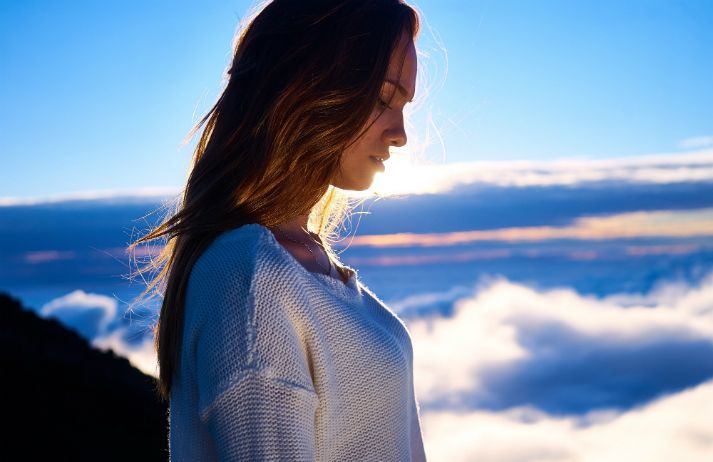
But where Co — Star specifically targets its demographic – the 58% of American 18- to 24-year olds who believe in the practice – is in giving users the option to add friends, compare compatibilities, and see live updates of each other’s readings. While Gen Y may earnestly turn to their horoscopes for guidance, they’re also using it to break the ice, discuss friends’ actions or personalities, or as a shortcut to describing their own. (“It’s not my fault I’m bad at decision-making, it’s just because I’m a Libra,” one might say.) Offering the ability to see a side-by-side compatibility between friends’ charts, Co—Star turns the previously private activity of checking your horoscope into a shared one.
While many remain sceptical of astrology’s efficacy, nearly half of Americans define astrology as somewhat or very scientific – perhaps because of the level of detail a personal reading can take. But whether or not readings are taken with a grain of salt, horoscopes can give people a sense of control over their lives in a world that can feel all too uncertain. ”The more secure individuals feel, the more able they are to function in a productive way, to live fully,” says psychoanalyst Dr. Galit Atlas on why we find horoscopes comforting. Appealing to the 40% of non-religious Americans who say they find ‘spiritual peace’ on a weekly basis – and those who continue to seek it – Co — Star brings a healthy dose of social support alongside superstition.
Alex Quicho is the Americas editor at Canvas8, which specialises in behavioural insights and consumer research. Born in Boston and raised in Manila, she graduated from the Royal College of Art with a Master’s degree in critical writing. She loves to read and write about art, power, and the future.
